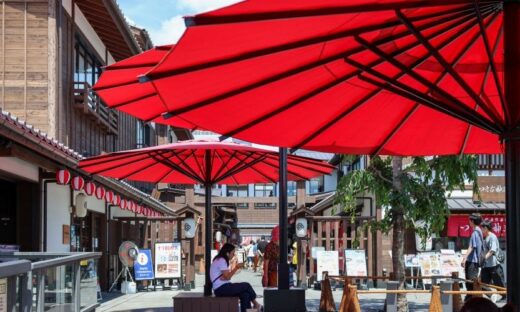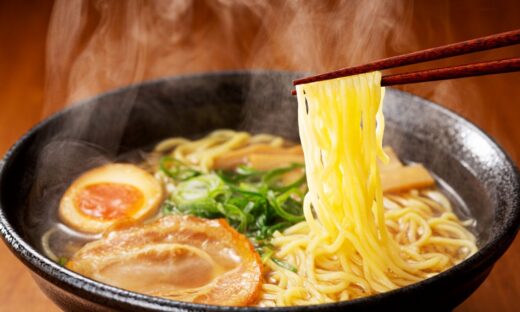Japan’s National Holidays

What International Visitors Should Know About Top Season Traveling in Japan
Japan celebrates a variety of national holidays throughout the year, many of which are deeply rooted in cultural traditions.
While these holidays offer unique opportunities to experience local customs, they also bring significant travel challenges.
For international visitors, understanding Japan’s Top holiday seasons is essential for safe and stress-free travel.
Three Major Holiday Periods to Watch Out For
New Year’s Holidays (年末年始 – Late December to Early January)
New Year is Japan’s most important family holiday. From December 29 to January 3, many businesses, restaurants, and tourist facilities close or operate on limited hours.
Transportation hubs like airports and train stations become extremely crowded as people return to their hometowns or visit shrines for hatsumode (first of all, you visit the Shrine of the year.)
Expect long lines, limited accommodation availability, and reduced services.
Golden Week (ゴールデンウィーク – Late April to Early May)
Golden Week is a cluster of national holidays including Showa Day, Constitution Memorial Day, Greenery Day, and Children’s Day.
Many Japanese take extended vacations during this time, leading to nationwide travel congestion.
Popular destinations such as Kyoto, Tokyo, and Mount Fuji experience overwhelming crowds.
Trains, highways, and hotels are often fully booked, also the weeks in advance.
Obon (お盆 – Mid-August)
Obon is a Buddhist tradition honoring ancestors.
Families gather, visit graves, and participate in local festivals.
Though not all days are official holidays, many companies close for several days.
This results in heavy traffic, packed trains, and high demand for accommodations.
Tourist spots and cultural sites are especially every busy, and temperatures are often dangerously high.
Travel Tips for Navigating Holiday Crowds
Plan ahead:
Book transportation and lodging well in advance if traveling during these periods.
Avoid Top seasons dates:
If possible, schedule your trip before or after major holidays.
Expect closures:
Museums, restaurants, and shops may close or shorten hours—check ahead.
Stay flexible:
Allow extra time for travel and be prepared for delays or rerouting.
Consider rural areas:
Less crowded regions offer authentic experiences and easier mobility.
Cultural Sensitivity and Awareness
These holidays are meaningful to Japanese people, often centered around family, reflection, and tradition.
While tourists are welcome to participate, it’s important to respect local customs and avoid frustration when services are limited.
Patience and preparation go a long way.
Final Note
Japan’s holiday seasons are vibrant and culturally rich—but they also bring logistical challenges.
By understanding the timing and impact of New Year’s, Golden Week, and Obon, International travelers can better navigate their journey and enjoy a smoother, safer experience.





